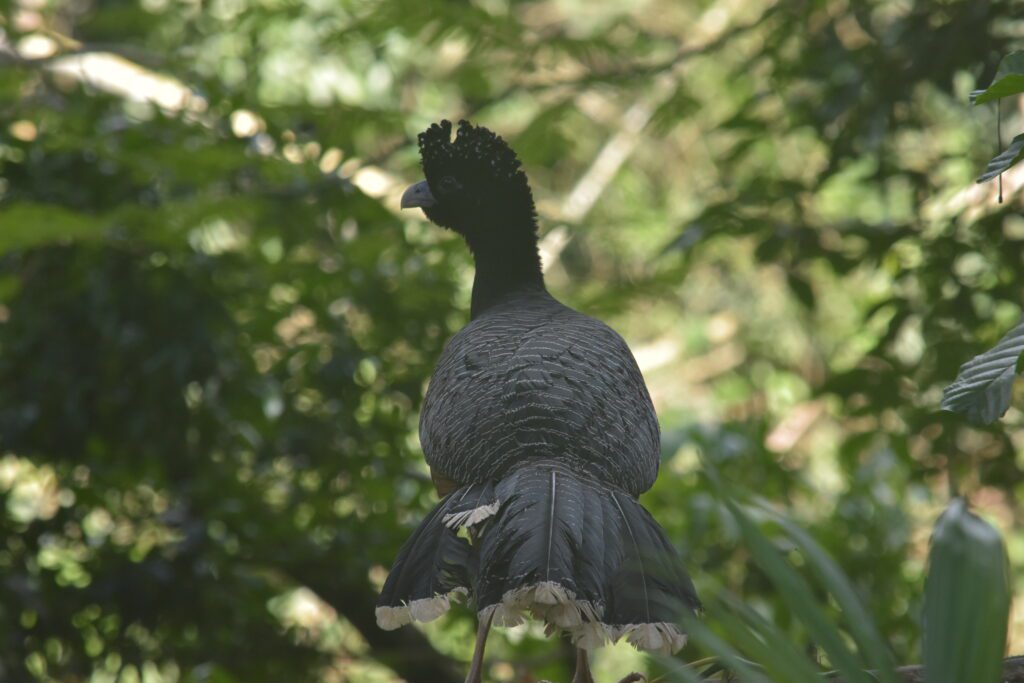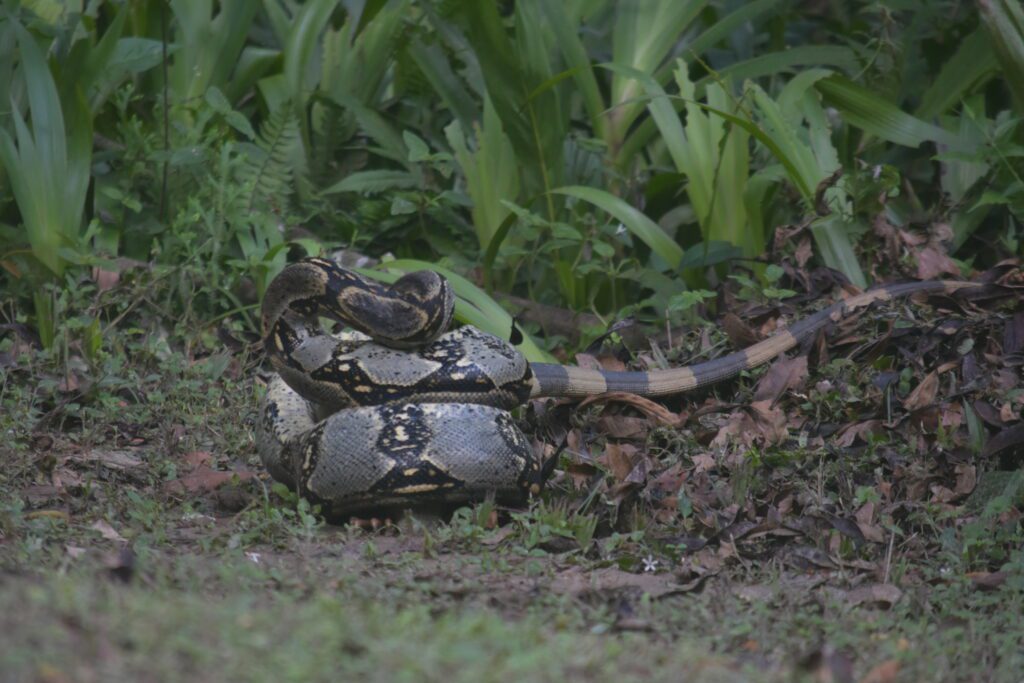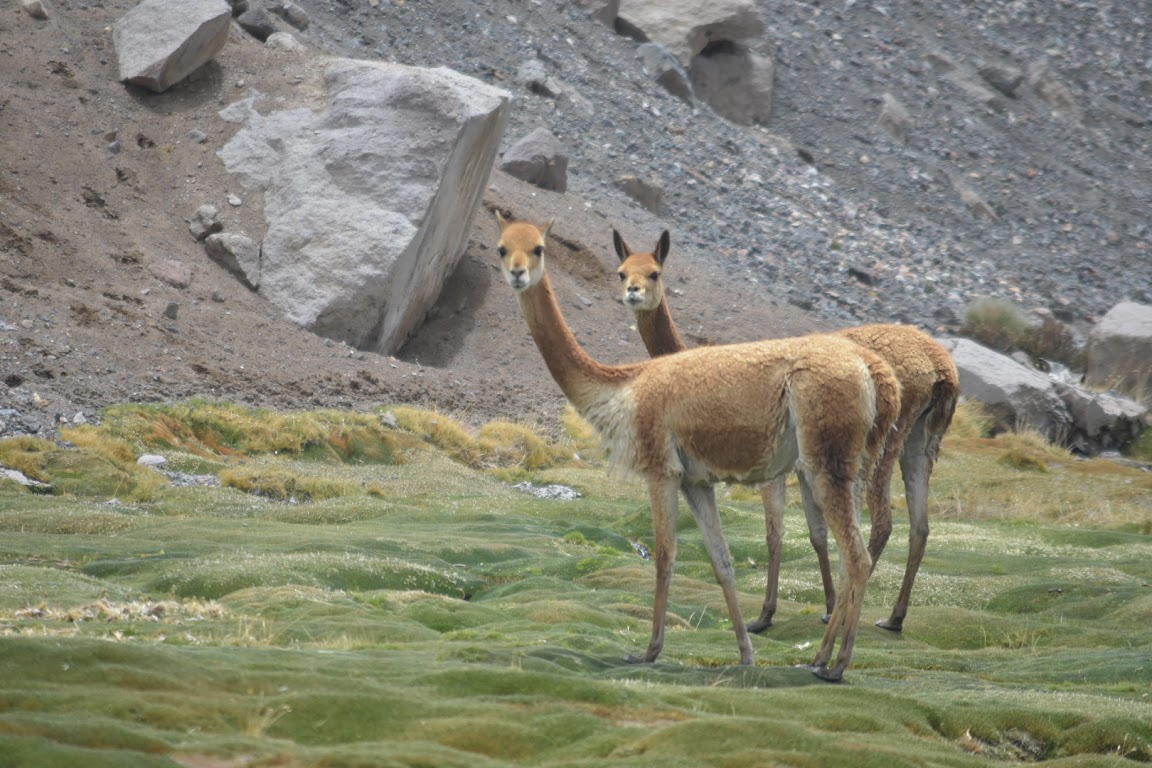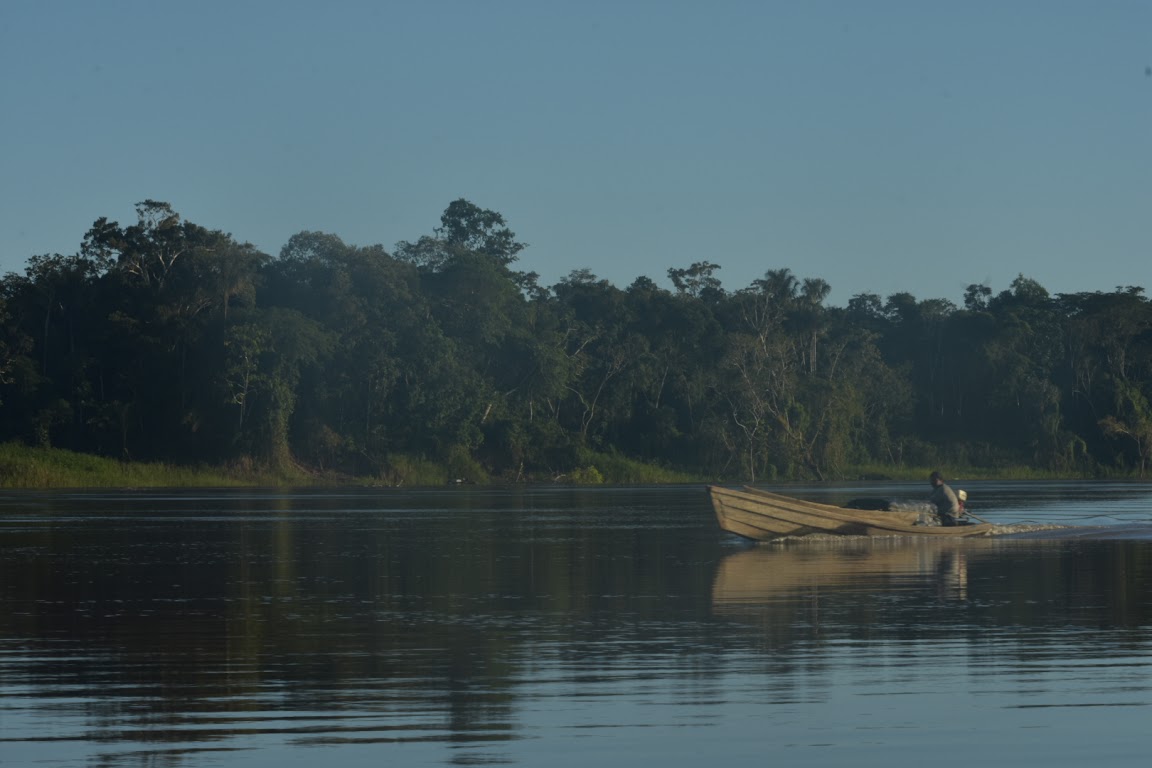How I keep my travels sustainable (and you can too)
As someone who blogs about ecotourism and outdoor travel, I don’t ever want to have to write “edit: this animal is now extinct” or “edit: this beautiful island is now under the sea”. A nightmare scenario to be sure, but writing about the world’s natural wonders won’t do much good if said wonder gets eliminated by the forces of mankind. And it certainly won’t be any good if the net effect of travelling was to contribute to that destruction. Here are several small practises I adopt to make sure that my travels are not only free of environmental troubles but also have a positive impact – methods that you can also adopt yourself.
Contents
- Reducing the impact of flights
- Buying from small businesses
- Buying from responsible businesses
- Participating in nature tourism
- Informing and encouraging others to do so
- Keeping showers brief
- Don’t write off Airbnb, but approach it with caution
- Using Ecosia ads for making bookings
- … And Google Cloud to store my stuff
- Saying “No thanks” to plastic bags when offered them
- Footnote
Reducing the impact of flights
With the amount of fuel it takes to propel a jumbo jet off the ground and through the air, flights are without a doubt the biggest contributor to the tourism industry’s carbon footprint. Unfortunately, they’re also unavoidable in many cases.
There are, however, several ways to reduce their impact.
A word or a hundred odd on carbon offsetting schemes…
Carbon offsetting has attracted both widespread praise and criticism alike. Some view it as a sustainability silver bullet, others as a greenwashing laundromat, but the truth generally lies somewhere in between. Always do your research on a scheme before giving it your money. Airline-provided schemes, in particular, should be taken with a pinch of salt.
Going down the independent route tends to be better for ensuring that your offsetting efforts actually have an impact, and it can be done in two steps. First, use an online carbon calculator to calculate your flight’s carbon footprint, then give a little extra margin (I personally double mine) for a couple of reasons: first, there’s no such thing as a completely accurate calculator – recently, the popular Google Flights carbon calculator has been accused of “airbrushing” due to changes to the maths artificially lowering flights’ calculated emissions. Second, there’s no such thing as being too sustainable.
Then, buy the equivalent volume of emissions from a third-party offsetting scheme. I personally use Carbonfund, a scheme which comes highly recommended.
Taking long trips to reduce back-and-forthing
Part of the reason why I chose Latin America for my gap year is that it has so much to see – from the peaks of Patagonia to the beaches of Colombia, this continent is packed with fascinating places to visit. But since much of the continent is far flung from the UK, coming and going across the Atlantic on two weekers was always going to be a destructive way to travel. Thus, I decided to save most of this continent, especially its southerly parts, for when I could do it all in one.
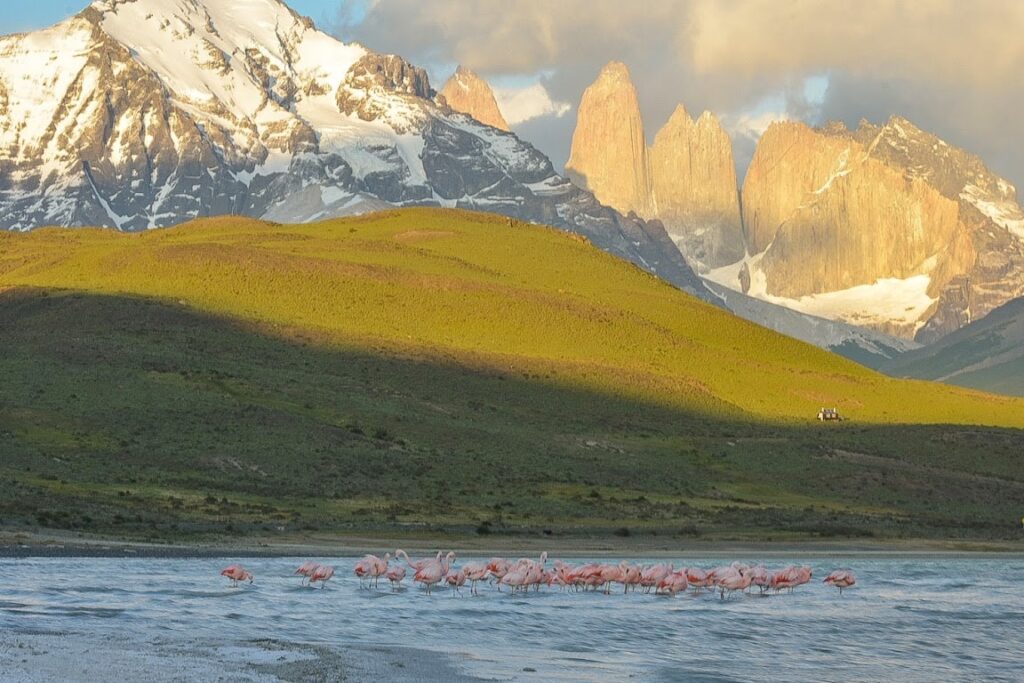

Of course, you don’t have to do a full-blown gap year: with the rise of remote work, shorter sabbaticals and working holidays, there are now many more options for taking longer trips.
Taking buses and trains wherever possible
I have a rule when travelling: if it takes less than ten hours to get there by bus, and an overnighter is possible, I’ll opt for the bus. As for trains, they get even more time in my book.
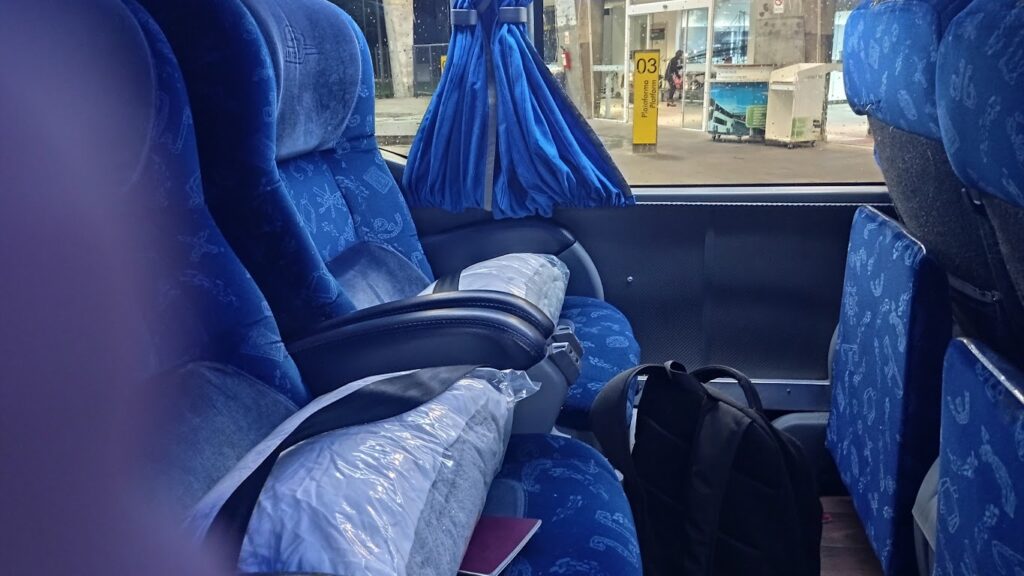

As well as being better for the planet, both offer numerous advantages over flying: scenery other than clouds, better food, more flexible cancellation policies, liberal baggage policies and the fact that (in the case of an overnighter) you save money on a night’s accommodation are just a few.
Informing airlines that I no longer intend to travel
I’ve had to cancel flights a couple of times on my trip. Both times, I made sure to say I no longer intended to travel even though, with the absence of refunds, there was no personal motive to do so. I could go on a mini-rant about these policies, but that would be besides the point – doing so at least offers the airline some opportunity to offer your now-vacant seat to someone else.
Buying from small businesses
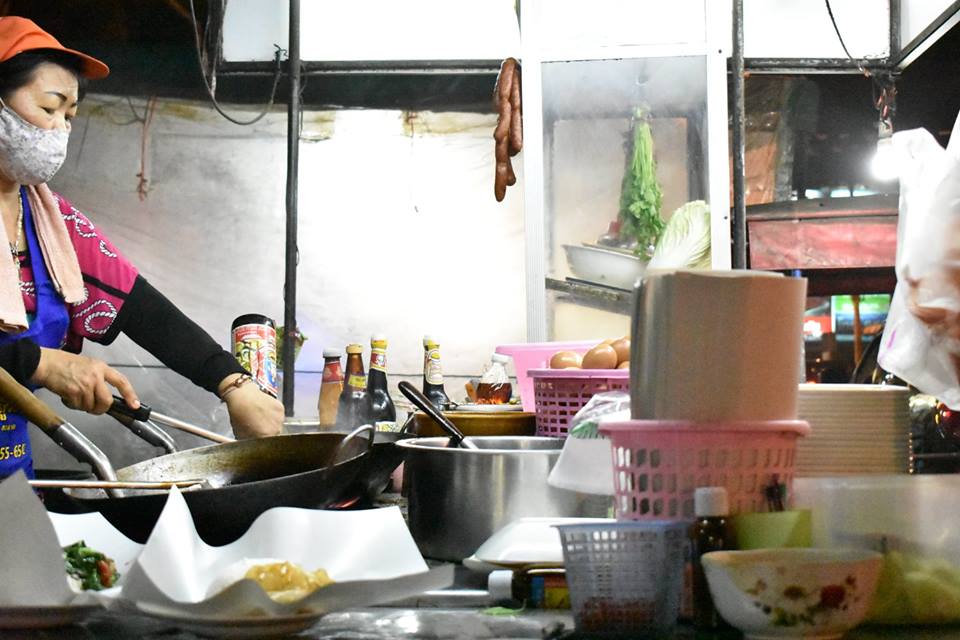

Some years ago, I saw a viral post on LinkedIn that said it best: when you buy from a small business, you’re not helping a CEO buy a third yacht. You’re helping a family buy their kid dance classes, you’re helping an entrepreneur achieve their dreams, you’re helping someone put food on the table. Or something along those lines. Either way, choosing to buy from family-run restaurants, accommodations or tour agencies will not only have a more positive impact on the people who live where you visit, but will oftentimes provide a much better experience.
Buying from responsible businesses
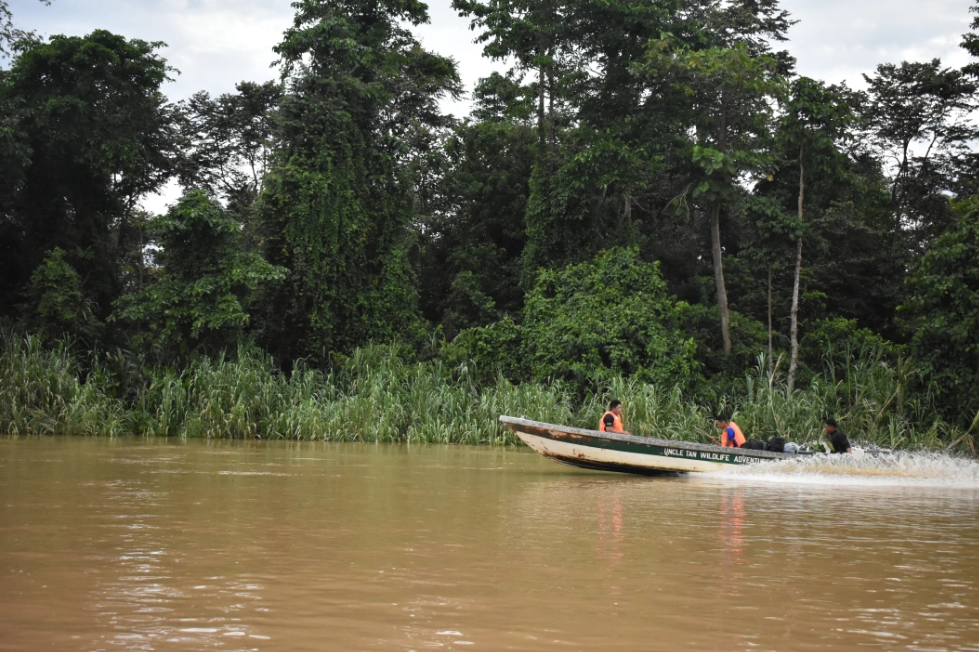

Supporting responsible accommodation, tour operators and other businesses with your travel funds is the best way to ensure that your on-the-ground spending has a positive impact.
As with carbon offsetting schemes, though, buyer beware: supposedly “eco” small businesses can be just as liable to greenwashing as big corporations, and shonky tour operators hiding among the honest ones is sadly nothing unusual in places where regulation is lacking.
Participating in nature tourism
Well, I think I can safely say I’ve got this one locked down.
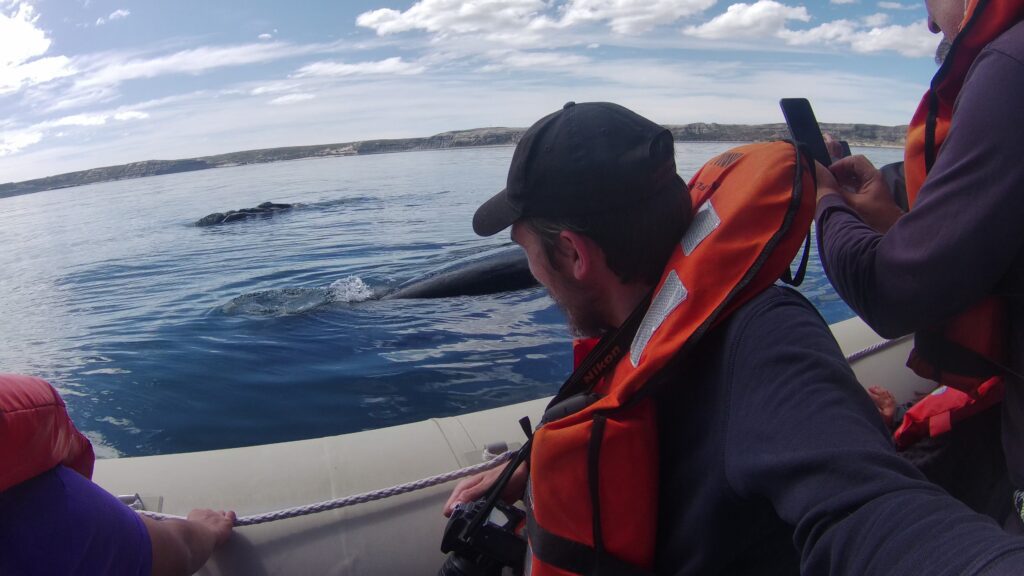

Whether it should be this way or not, conservation’s greatest ally is the income brought in by nature tourism that helps keep wildlife and green spaces worth more alive than dead. From tiger tourism in India significantly increasing employment in local villages, to former whaling towns that reinvented themselves as whale-watching centres, there are countless examples of this.
A safari isn’t the only way to participate in nature tourism, though. Going hiking in the mountains, visiting a local forest or taking a snorkelling trip can also have a positive conservation impact and can usually be fitted into a city break or beach holiday. Generally speaking, I’ll make sure to spend a bit of money on the place in some way, whether through the entry fee, buying a coffee from the cafe or staying in nearby accommodation. Also, if I get into a conversation with a local and language allows, I’ll mention what I’ve come to the area for. It’s not much, but every person that knows protecting nature brings in tourist dollars is another person with a motive to do so.
Informing and encouraging others to do so
Welcome to Shoestring Safari, folks.
For those of you who don’t have time to start a travel blog, even something like an informative review on Tripadvisor can go a long way towards encouraging people to visit. Share info on how to get there, share photos of your visit and tell other people you meet on the road about it. Be genuine, of course, but a little positive word-of-mouth makes for some pretty powerful marketing.
The one caveat to this: be careful when sharing the locations of certain animals, since this information can unfortunately be used by poachers. In particular, keep mum about the whereabouts of rhinos.
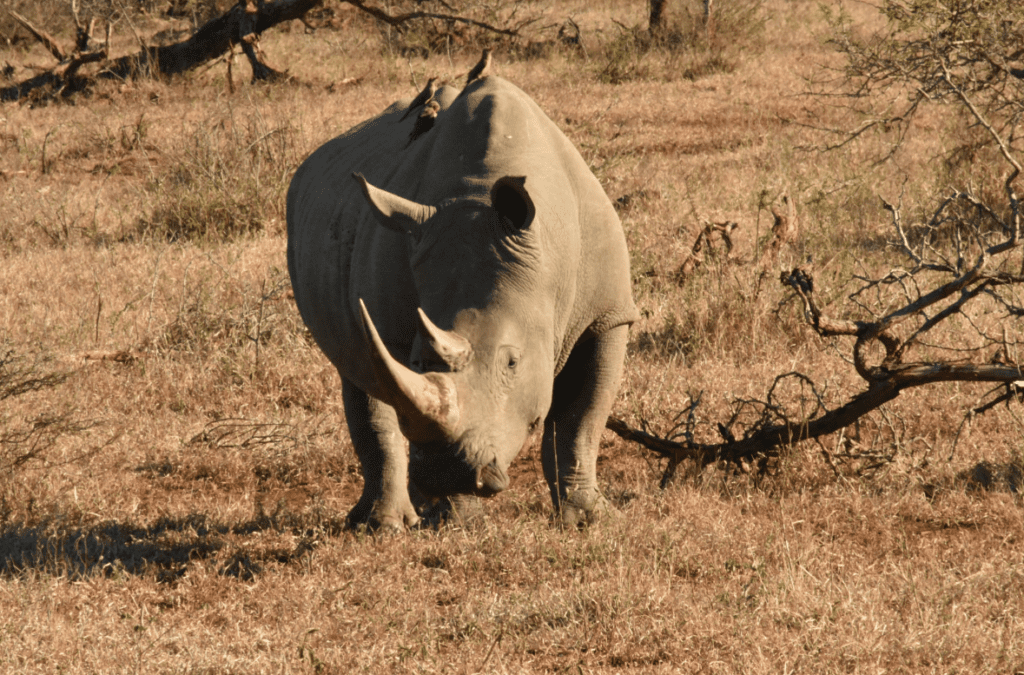

Keeping showers brief
When I visited Cape Town, they were going through a water shortage that meant only two-minute showers were allowed. The trick behind doing this is:
Step one: Turn on shower.
Step two: Get body wet.
Step three: Turn off shower.
Step four: Apply soap, shampoo, conditioner, etc.
Step five: Switch shower back on and rinse everything off, starting from the hair.
While going this far isn’t always necessary, some places suffer heavily from water shortages and tourists’ long daily showers only aggravate the problem. Do your bit to keep yourself from being a part of it.
Don’t write off Airbnb, but approach it with caution
I have mixed thoughts on Airbnb, as someone who’s been a budget traveller and a flat hunter. On the one hand, it can often provide local interactions that you simply wouldn’t get with a hotel/ hostel. Furthermore, since service charges are low compared to other reselling platforms, it often does put tourist money directly into the pockets of local homeowners.
On the other hand, though, much has been said about Airbnb pushing rents up and making already scarce housing even scarcer – in Prague, for instance, the prevalence of Airbnbs has practically emptied the city centre of its local population.
The best way to ensure you’re using Airbnb responsibly is to make sure you’re renting from someone who just so happens to have a spare room in their flat or house. Avoid “Entire place” listings, check if the host lives onsite and check how many listings they have. I also tend to look up what average rents are, convert it to a nightly rate and avoid anywhere that charges wildly above these rates. Who ever said being frugal couldn’t be sustainable?
Using Ecosia ads for making bookings
Ecosia is a search engine like Google, but one that sets itself apart by using its revenue to plant trees. While its market share is a far cry from that of the search engine whose name became a verb, it’s certainly done impressively well by enabling people to help the planet through the simple act of surfing the net. One milestone was when it became the first German company to achieve B-corp status – which, for those of you who don’t know, is effectively the highest-level sustainability certification a company can get.
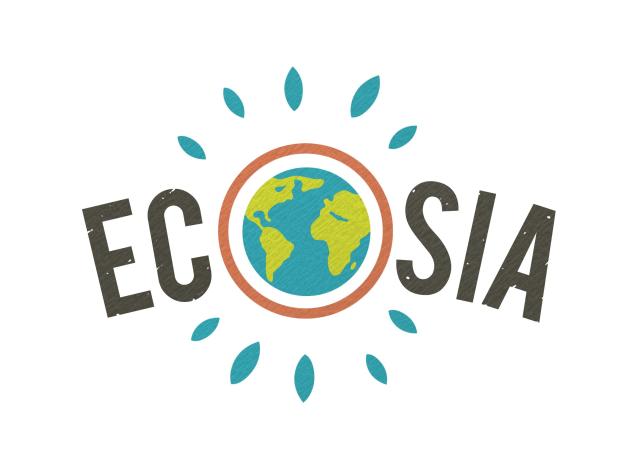

Sometimes it can be a little cumbersome, but when I want to find accommodation somewhere I’ll look it up on Ecosia (saying “I’ll Ecosia it” feels a little ahead of its time) and click on one of the Ads, since oftentimes these will be provided by large aggregators like hotels.com or Kayak and present a range of different options. The revenue created just by clicking on these ads* gets put towards Ecosia’s tree-planting partners and can act as a sort of secondary carbon offsetting scheme.
*While this would be very hard to detect, try not to click on ads you have zero intention of buying from since this could be flagged as click-fraud.
… And Google Cloud to store my stuff
Storing your photos and documents on the cloud has infinite benefits for travellers, not least since you won’t lose your memories if your laptop gets stolen or damaged. For lack of a better explanation of how this works, all your stuff effectively gets stored remotely in a data centre, along with that of millions of other people, rather than on your local machine. The biggest cloud service providers are Microsoft, Amazon Web Services and Google. This may change as the three vye to boost their sustainability credentials, but for the time being Google leads the way, thanks to its use of renewable energy and machine learning to improve data centres’ energy efficiency.
Saying “No thanks” to plastic bags when offered them
Ah, plastic bags. The worst enemy of hungry sea turtles and single jellyfish alike. In some countries in Asia and Latin America, you’ll still be often offered one with your shopping, even if you’ve brought your backpack or a cloth bag with you. You may also get a funny look or two if you say “no thank you”. Don’t worry, though – this is one of the few times when, in Rome, it’s OK to not do as the Romans do.
Footnote
As I was typing this article, from a lodge in the middle of a Colombian rainforest, I had a bird that looked like a dinosaur walk past me. Then, a boa constrictor ambushed and strangled a nearby iguana. ‘Nother day at the offices…
Do you have any additional suggestions for how to travel sustainably? Leave them in the comments below!
